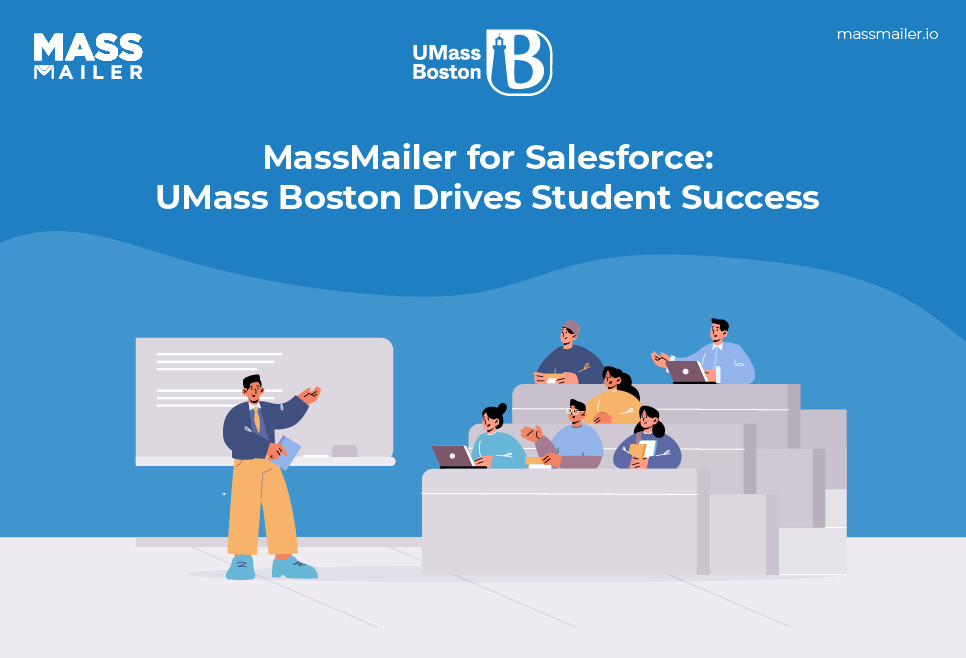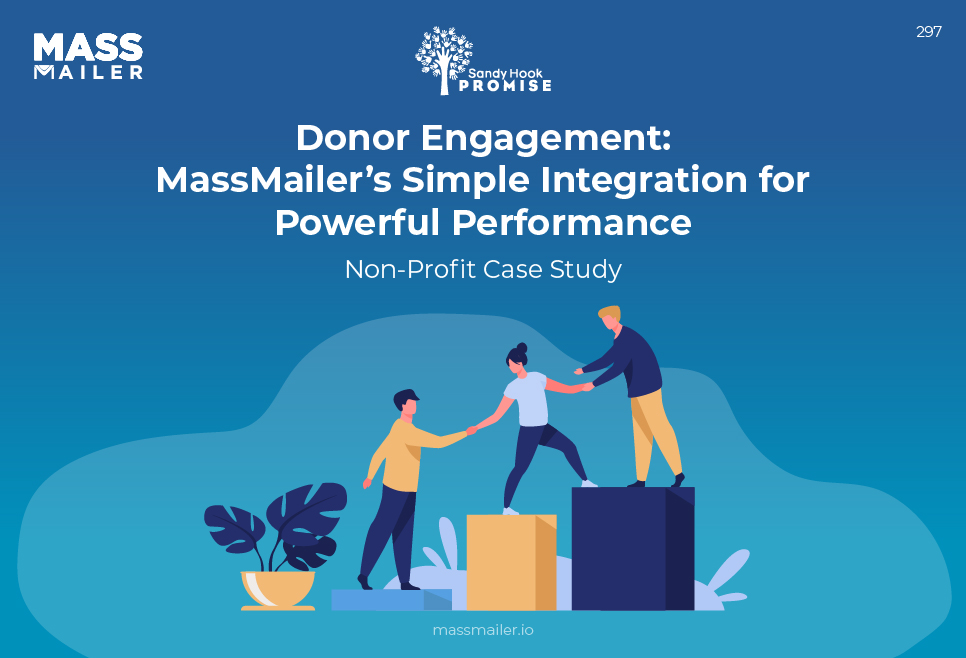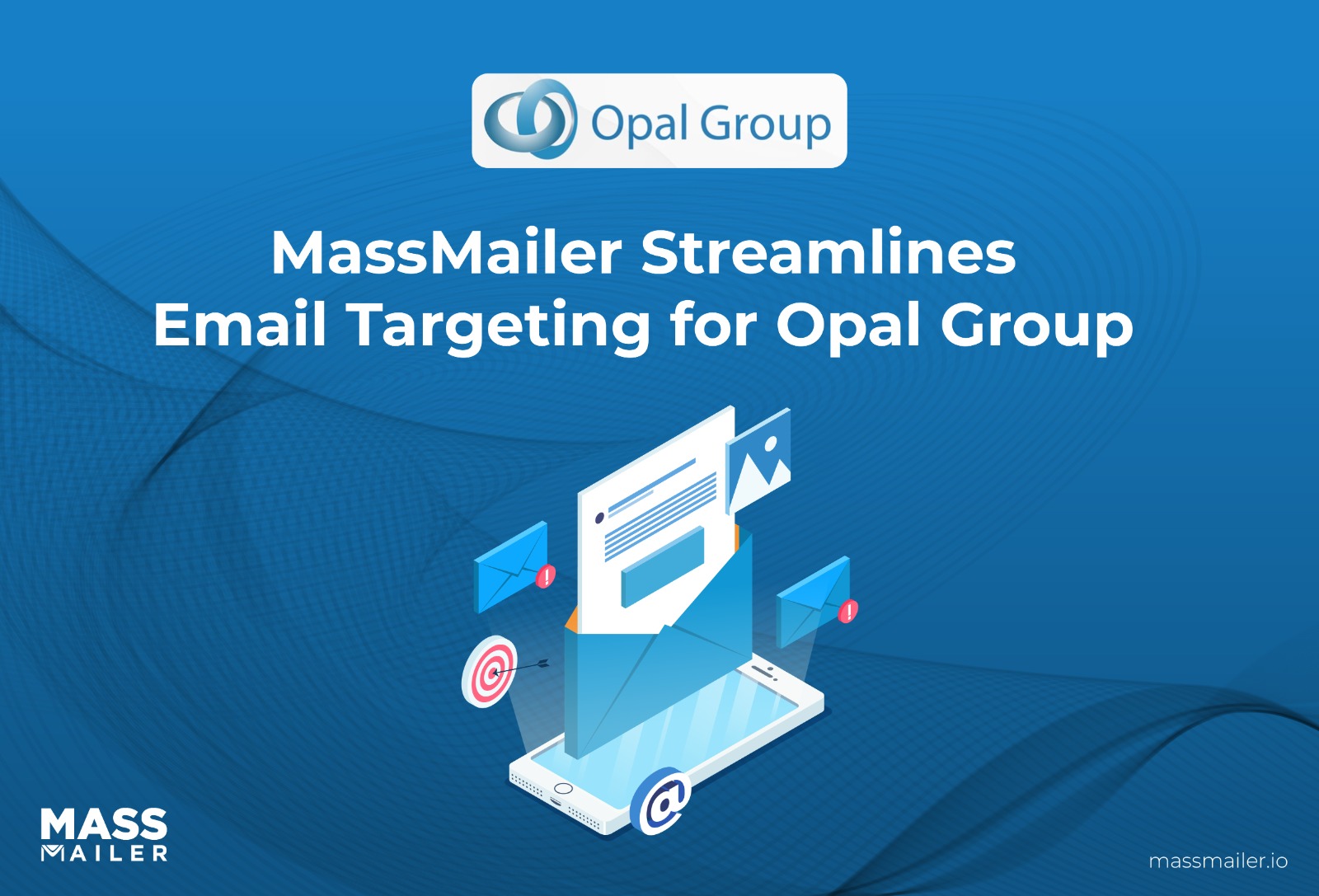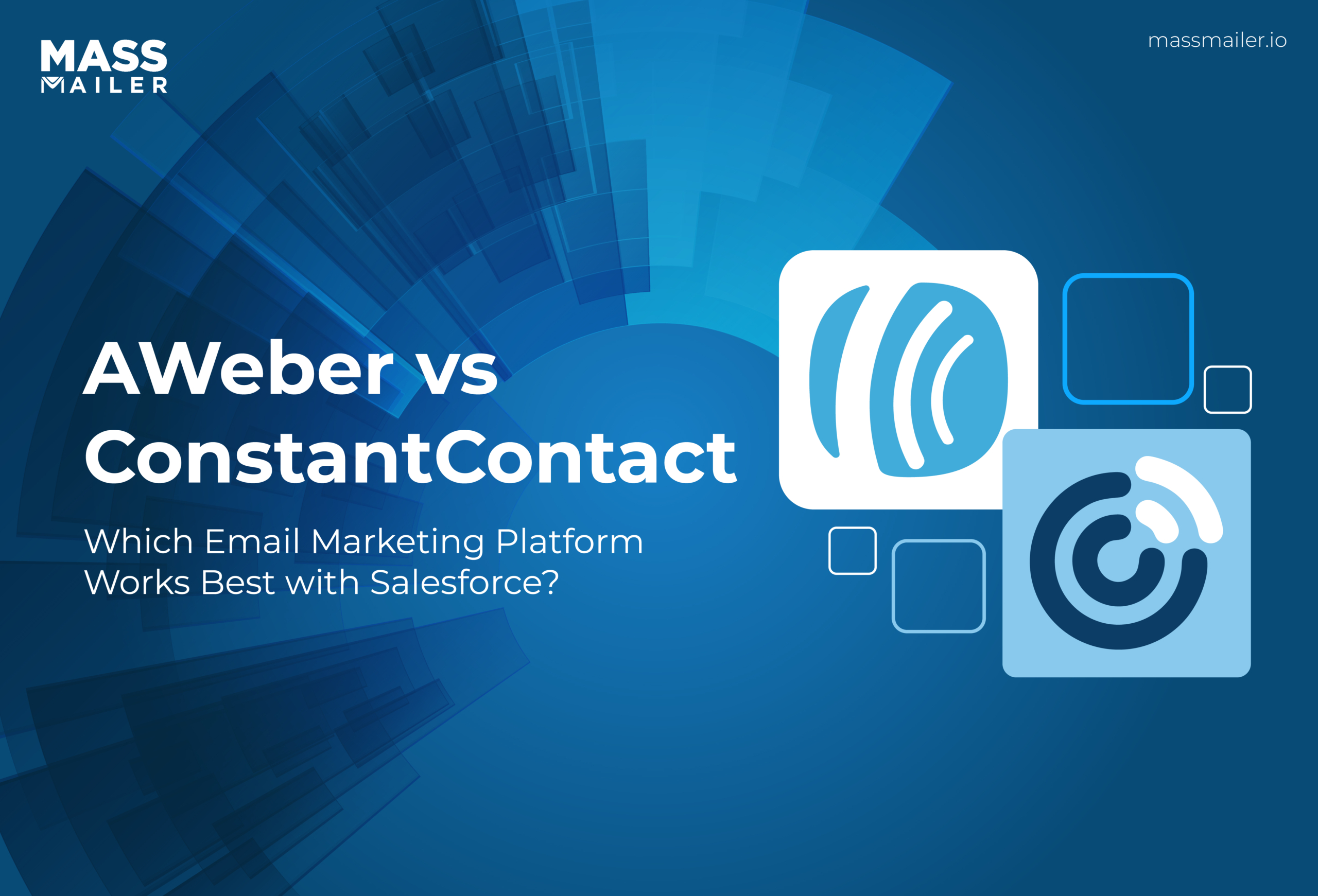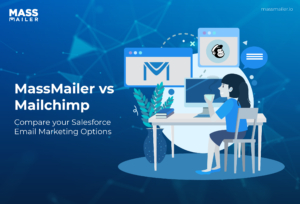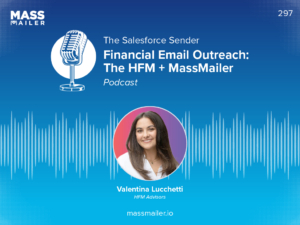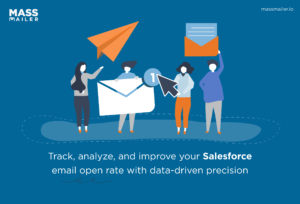Table of Contents
Introduction
Choosing an email marketing platform is a bit like choosing a car.
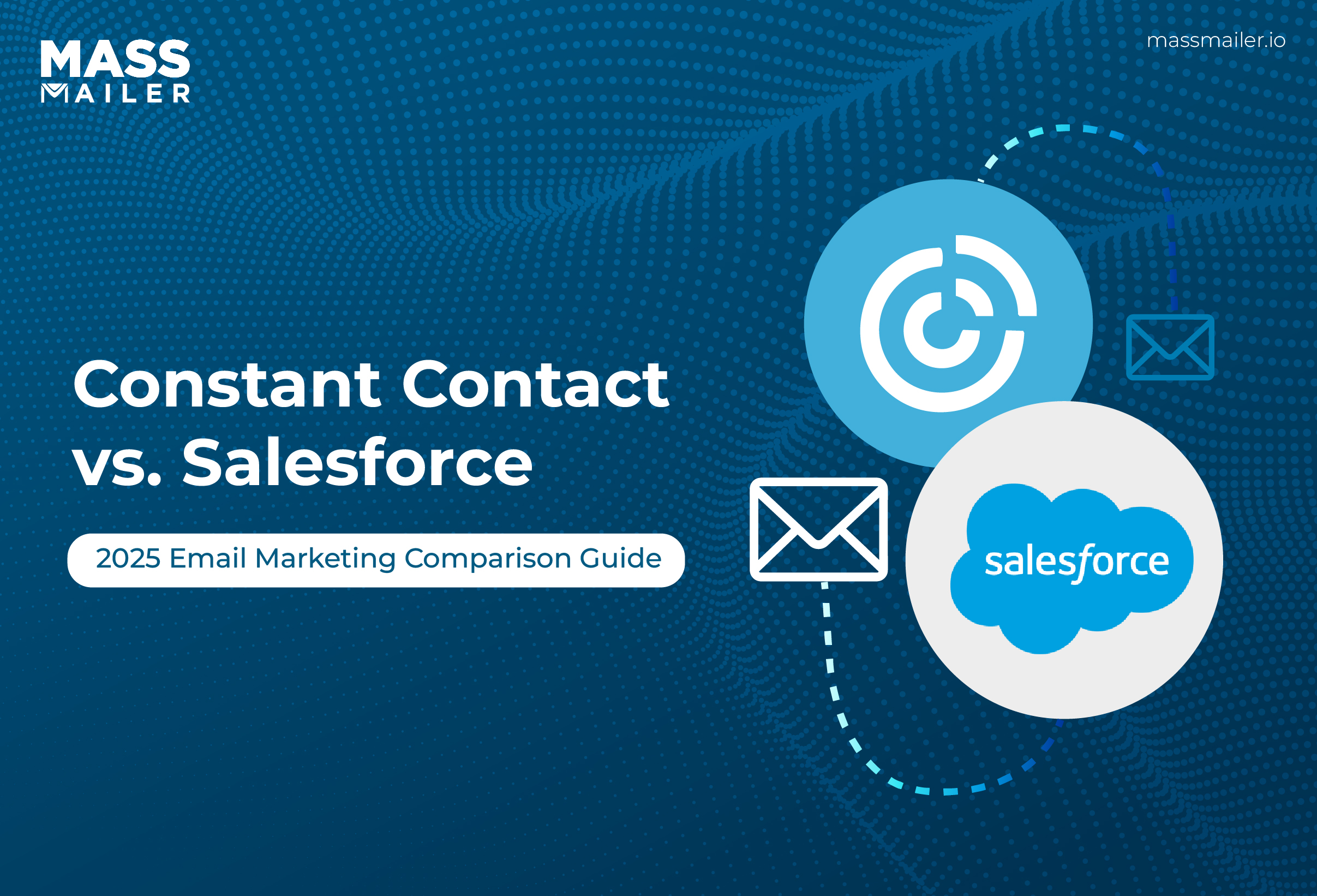
You could get a reliable, easy-to-drive compact that’s perfect for everyday trips which is simple, affordable, and gets you where you need to go. Or you could go for a high-performance SUV with all the latest tech that is built for long journeys, heavy loads, and advanced features you might not use every day, but powerful when you need them.
In the email marketing world, those two “cars” are:
- Constant Contact – The dependable, small business–friendly option that’s quick to set up, easy to handle, and gets your campaigns on the road fast.
- Salesforce for Email Marketing – The enterprise-level powerhouse (via Salesforce Marketing Cloud and Email Studio) with advanced personalization, automation, and multi-channel capabilities.
And here’s why this choice matters: according to McKinsey, personalization marketing can reduce customer acquisition costs by as much as 50%, lift revenues by 5% to 15%, and increase marketing ROI by 10% to 30%, a powerful boost that separates the everyday compact from the high-performance machine.
In this guide, we’ll:
- Break down the real strengths and weaknesses of each platform.
- Compare them side by side so you can see where each one shines.
- Explain which works best for different business sizes, budgets, and campaign goals.
- Share an alternative like MassMailer for Salesforce for those who want Salesforce CRM integration without the full cost of Marketing Cloud.
This practical guide will help you pick the platform that will drive your email marketing success.
What is Constant Contact?
Constant Contact is a small-to-mid-sized business, a focused email marketing platform designed for fast deployment, low technical overhead, and consistent deliverability. It offers a balance of user-friendly tools and essential automation capabilities, making it a go-to choice for teams without dedicated marketing ops or IT support.
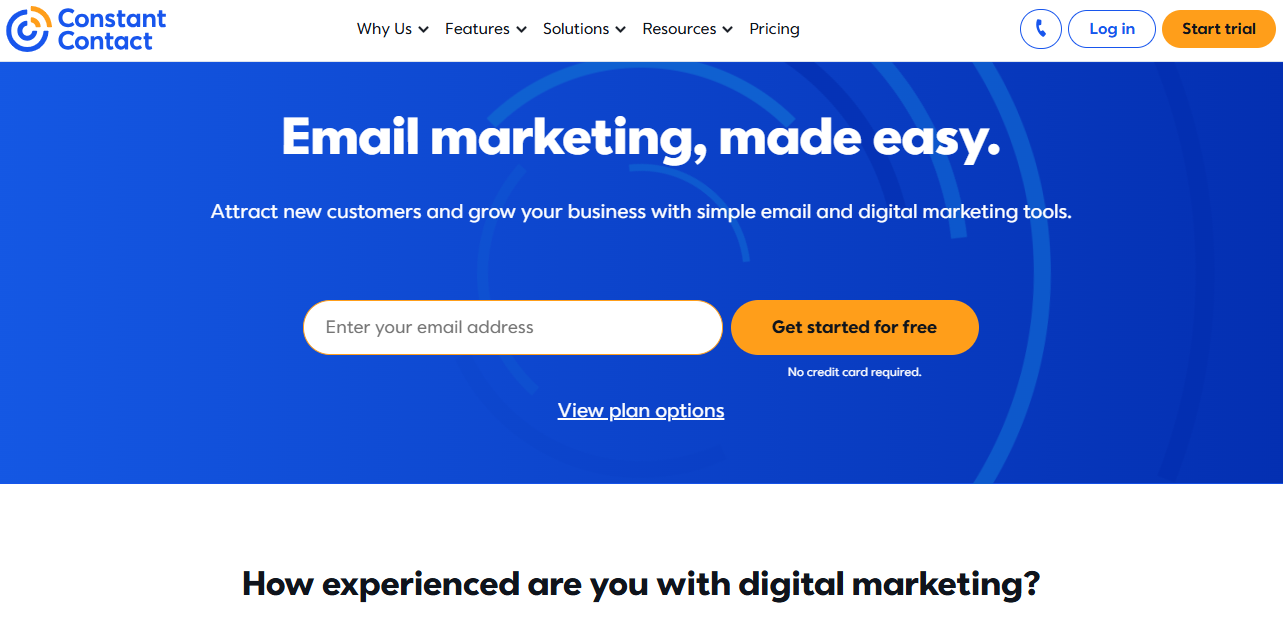
Core Capabilities & Ecosystem
- Drag-and-Drop Email Builder: Over 200 mobile-optimized templates and Canva integration allow non-technical users to design branded campaigns without coding.
- Contact Management & Segmentation: Organize subscribers with lists, tags, and rules-based segments that auto-update when new data meets defined criteria.
- Prebuilt Automation: Automate welcome series, birthday/anniversary emails, and follow-up sequences with straightforward, trigger-based workflows.
- Campaign Analytics: Real-time reporting on opens, clicks, bounces, and conversions, with export options for offline analysis or integration into other reporting tools.
- Marketing Extras: Native event registration, surveys, and basic social posting let teams manage more than just email in one platform.
- Deliverability & Compliance: SPF/DKIM authentication support and 91–93% average inbox placement help maintain sender reputation while meeting CAN-SPAM and CASL standards.
- Integration Options: Connects with 500+ tools, including e-commerce platforms like Shopify and WooCommerce, plus Salesforce CRM for basic lead syncing and list updates.
Best-Fit Use Cases
Constant Contact shines in scenarios where speed, simplicity, and budget-friendliness matter most:
- Small Businesses & Startups that need to launch campaigns quickly without lengthy onboarding or complex setups.
- Nonprofits looking to manage donor communications, run fundraising drives, and send event invitations with minimal technical effort.
- Event-Driven Campaigns where RSVPs, reminders, and post-event follow-ups can all be handled seamlessly in one platform.
- E-commerce Stores wanting to send targeted promotions, recover abandoned carts, and deliver seasonal offers based on purchase history.
Constant Contact owns the “speed + simplicity + budget-friendly” positioning. All deeper personalization, large-scale segmentation, and omnichannel execution details will be covered in the Salesforce section so we don’t repeat them here.
While Constant Contact focuses on speed, simplicity, and affordability, Salesforce for Email Marketing takes a very different approach, offering enterprise-level depth, AI-powered personalization, and multi-channel orchestration designed for large-scale, data-driven campaigns. Let’s look at how its core capabilities and ecosystem compare.
What is Salesforce for Email Marketing?
Salesforce Email Marketing, delivered through Salesforce Marketing Cloud and Email Studio, is an enterprise-grade solution built for high-volume, data-driven campaigns. Unlike SMB-focused tools, it’s designed to leverage real-time CRM data for hyper-personalization, multi-channel journeys, and global-scale automation.
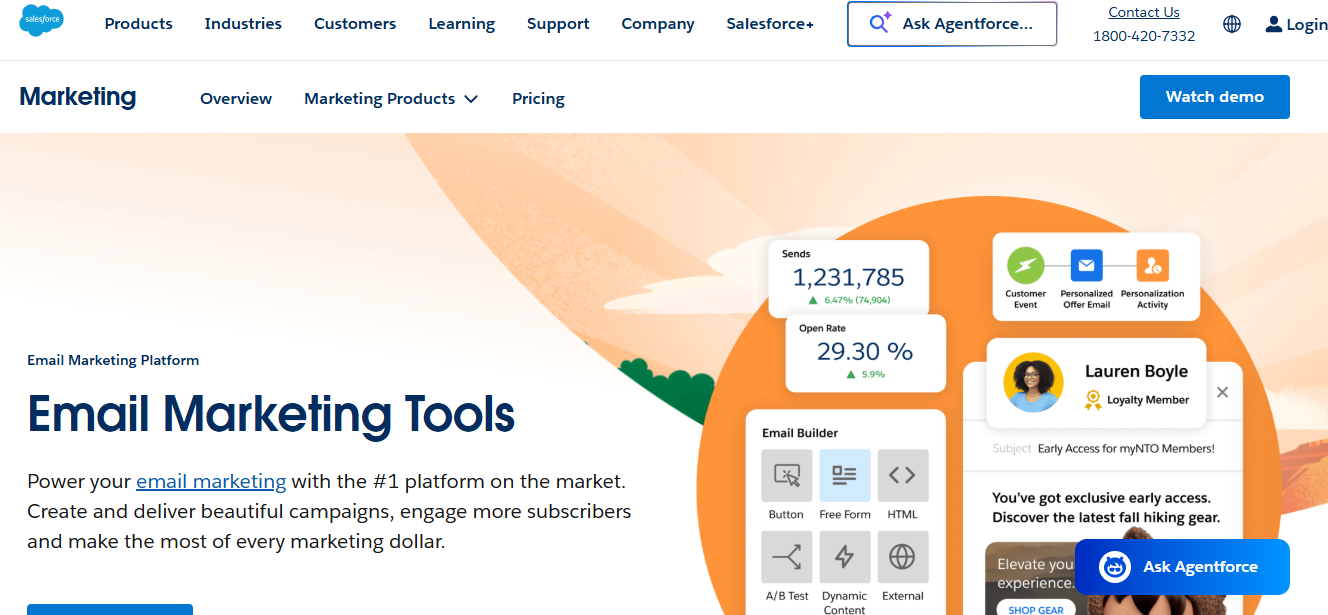
Core Capabilities & Ecosystem
- CRM-Integrated Personalization: Every campaign can pull live customer data from Salesforce CRM, adapting email content dynamically based on purchase history, service interactions, or predictive engagement scores.
- Journey Builder for Omnichannel: Orchestrate coordinated flows across email, SMS, push notifications, ads, and social, with conditional paths that adapt to customer behavior.
- Einstein AI Optimization: Automates send-time optimization, A/B testing, and content recommendations using predictive analytics.
- Advanced Segmentation: Query audiences using behavioral, demographic, and transactional data from any connected Salesforce Cloud or integrated system.
- Native Ecosystem Integration: Works seamlessly with Sales Cloud, Service Cloud, and 4,000+ AppExchange apps for unified campaign execution.
- Enterprise-Grade Deliverability & Governance: Supports dedicated IPs, advanced authentication, permission structures, and compliance with GDPR, HIPAA, and industry-specific regulations.
Best-Fit Use Cases
Salesforce for Email Marketing is purpose-built for organizations that require scale, precision, and enterprise-grade capabilities:
- Enterprises with Large Datasets that need multi-layered segmentation and real-time personalization across millions of records.
- B2B Organizations running complex nurture journeys tightly integrated with sales and service data for seamless lead-to-customer experiences.
- Global Brands managing brand governance, regional content variations, and coordinated cross-channel engagement.
- Highly Regulated Industries that require advanced compliance, security protocols, and strict data governance.
Now that we have explored Salesforce’s capabilities in depth, it is time to see how it compares directly with Constant Contact. In the next section, we will look at them side by side across the factors that have the biggest impact on ROI, including automation power, personalization depth, and integration strength, so you can decide which platform fits your business goals best.
Side-by-Side Feature Comparison: Differentiator Analysis
If you’ve already explored what each platform offers, the next step is to understand the key differences that actually influence the buying decision. Below are the core factors that separate Constant Contact vs Salesforce Email Studio and Constant Contact vs Salesforce Marketing Cloud, along with who benefits most from each.
1. Audience Size & Data Structure
Constant Contact works best when your contact database is relatively small and straightforward, think segmented lists of up to a few hundred thousand records. Its contact model is list- and tag-based, which is simple to manage but limited in relational depth.
Salesforce, on the other hand, is built for millions of records structured within a fully relational CRM. Because Marketing Cloud pulls directly from Salesforce CRM objects, it can target based on complex relationships (e.g., opportunities, service cases, product usage data) in real time.
Choose Constant Contact if you manage a smaller, simpler contact database. Choose Salesforce if your marketing strategy relies on dynamic queries across large, multi-object datasets.
2. Personalization Depth
According to McKinsey, companies that excel at personalization generate up to 40% more revenue from those efforts compared to their peers, making advanced personalization a powerful driver of business growth.
Constant Contact supports personalization tokens like first name, location, or a custom field, which is sufficient for broad targeting but limited in behavioral triggers.
Salesforce enables real-time personalization driven by CRM and behavioral data, everything from last product viewed to predictive engagement scores. Einstein AI can recommend products, adjust messaging, and even optimize timing based on each individual’s history.
Use Constant Contact for general audience personalization. Use Salesforce if 1:1 personalization at scale is a core revenue driver.
3. Automation Scope & Complexity
Constant Contact’s automation is linear and trigger-based like welcome series, date-based reminders, and follow-ups. It’s effective for campaigns where the sequence is predictable and doesn’t require branching logic.
Salesforce’s Journey Builder supports conditional, multi-channel journeys that adapt at each step based on customer behavior, channel engagement, or CRM data updates. Journeys can span weeks or months and involve multiple decision splits.
Choose Constant Contact for straightforward, single-channel automations. Choose Salesforce for adaptive, cross-channel customer journeys.
4. Integration Depth
Constant Contact integrates with 500+ third-party tools, covering common SMB stacks such as Shopify, WooCommerce, BigCommerce, and popular CRMs including Salesforce. These integrations often sync at scheduled intervals.
Salesforce has native, bi-directional integration with the entire Salesforce ecosystem (Sales Cloud, Service Cloud, Commerce Cloud) and over 4,000 AppExchange apps. Data sync is real-time and event-driven, enabling campaigns to react instantly to changes in customer status.
Constant Contact is ideal if you need standard integrations without extensive development. Salesforce is the clear choice if you require deep, real-time integration across enterprise systems.
5. Analytics & Attribution
Constant Contact provides an accessible dashboard with opens, clicks, bounces, and unsubscribes, making it easy to track performance and make quick adjustments.
Salesforce offers advanced analytics, including multi-touch attribution, funnel analysis, and integration with CRM dashboards for unified reporting. This enables you to connect every campaign activity directly to pipeline impact and closed revenue.
Choose Constant Contact if you need basic reporting for rapid campaign optimization. Choose Salesforce if marketing attribution and ROI measurement are critical to budgeting and strategy.
6. Deliverability Management
Constant Contact maintains strong inbox placement for SMB send volumes with built-in SPF/DKIM support and compliance checks for CAN-SPAM and CASL.
Salesforce offers enterprise-grade deliverability options, including dedicated IP addresses, domain reputation monitoring, and custom sender authentication setups that are vital for high-volume senders or brands with strict deliverability targets.
And given that email delivers an average ROI of $36 for every $1 spent (Litmus, 2024), maximizing deliverability is critical. Constant Contact provides reliable basics, while Salesforce enables enterprises to protect ROI at scale with advanced infrastructure controls.
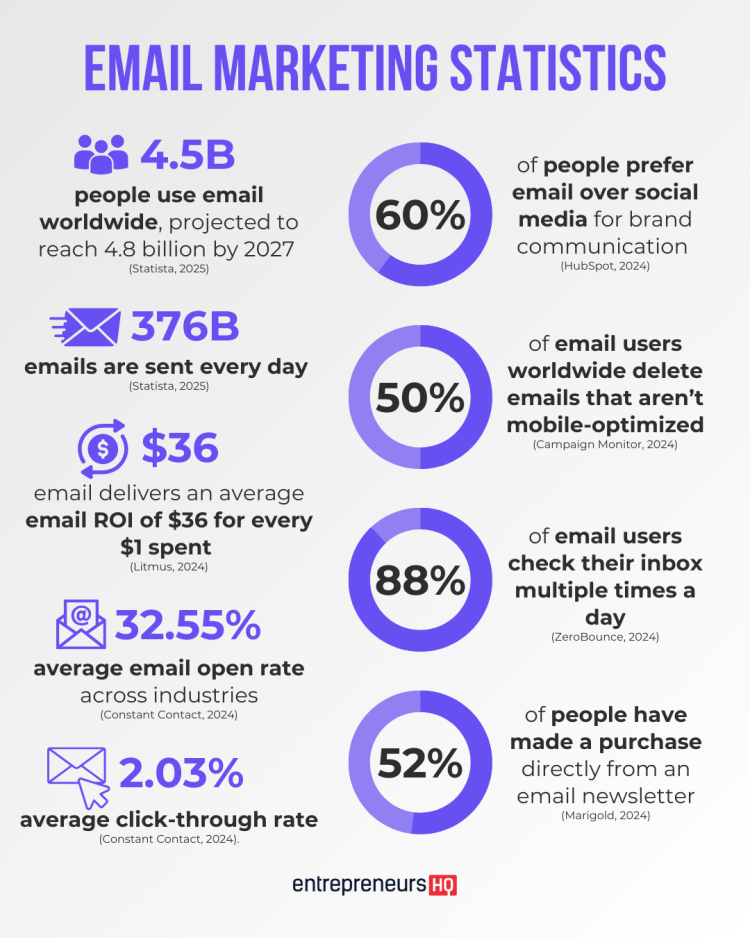
Constant Contact is enough for standard list hygiene and small-volume sending. Salesforce is better for organizations that send millions of messages monthly and need dedicated infrastructure control.
7. Cost Structure & Value
Constant Contact’s tiered pricing ($12–$80/month) is transparent and scales mainly with list size, making it budget-friendly for small teams.
Salesforce operates on custom enterprise pricing that can be significantly higher, but its ROI comes from leveraging deep personalization, multi-channel orchestration, and full CRM integration.
Constant Contact wins if you prioritize low-cost execution. Salesforce delivers value only when its advanced capabilities are fully utilized across the marketing organization.
If you prefer a faster way to compare, here is a quick reference table that condenses the key differences into a single view, making it easier to spot which platform matches your needs.
Quick Feature Comparison: Constant Contact vs Salesforce Email Studio / Marketing Cloud
| Design factor | MassMailer Solution | Salesforce Email Studio / Marketing Cloud | Best fit |
|---|---|---|---|
| Scalability | Optimized for lists under ~200k contacts; performance can decline with extremely large databases | Built for millions of records with high-speed querying and enterprise-level infrastructure | Constant Contact for local or niche markets; Salesforce for global campaigns with heavy segmentation |
| Cross-channel reach | Primarily email-focused with basic social posting | Orchestrates email, SMS, push notifications, ads, and social channels in unified journeys | Constant Contact for focused email outreach; Salesforce for omnichannel engagement at scale |
| Data intelligence | Engagement metrics (open rate, CTR, bounce) without predictive modeling | AI-driven insights (Einstein) for send-time optimization, churn prediction, and dynamic content targeting | Constant Contact for straightforward reporting; Salesforce for predictive, behavior-based marketing |
| Compliance & security | Built-in CAN-SPAM compliance; relies on user processes for advanced regulations | Enterprise-grade compliance (GDPR, HIPAA) and configurable security protocols | Constant Contact for standard marketing compliance; Salesforce for regulated industries and sensitive data handling |
| Integration depth | 500+ integrations (Shopify, WooCommerce, Salesforce) often via middleware tools | Native Salesforce CRM sync plus 4,000+ AppExchange apps and robust API capabilities | Constant Contact for quick setup; Salesforce for teams building a connected, custom data ecosystem |
| Customization potential | Customizable templates and branding; limited automation branching | Fully custom workflows, data structures, and campaign logic tailored to complex journeys | Constant Contact for speed and simplicity; Salesforce for teams wanting total control |
| Support & service level | Email/chat support during business hours; limited onboarding help | 24/7 enterprise support, dedicated account managers, and SLA-backed response times | Constant Contact for self-starters; Salesforce for mission-critical marketing with guaranteed uptime |
| API & Developer limits | Limited API calls; not designed for high-frequency integrations | High API call limits and dev tools for real-time data flows | Constant Contact for minimal dev work; Salesforce for integration-heavy environments |
| Resource requirements | Minimal training; one marketer can manage campaigns | Steeper learning curve; often requires certified admins or marketing ops team | Constant Contact for lean teams; Salesforce for organizations with dedicated technical staff |
| Estimated campaign build time | 30–60 minutes for a standard campaign from scratch | 2–5 hours for complex, multi-channel builds (varies by team experience) | Constant Contact for rapid deployment; Salesforce for strategic campaigns with multiple touchpoints |
With the side-by-side comparison laid out, let’s zoom in on one of the most common decision points, Constant Contact vs Salesforce Email Studio, to see how they perform when it comes to building, personalizing, and delivering impactful email campaigns.
Constant Contact vs Salesforce Email Studio
Constant Contact is built for speed and ease. Its drag-and-drop editor, 200+ templates, and simple automation make it quick for small teams to launch campaigns without IT support. Salesforce Email Studio, on the other hand, is built for deep personalization, leveraging CRM data for dynamic content, behavioral triggers, and segmented sends at scale.
Where Email Studio pulls ahead:
- CRM-driven targeting ensures every send is tailored to the recipient’s profile and history.
- Reusable templates and modular content blocks help large teams maintain brand consistency across global campaigns.
Where Constant Contact wins:
- Faster onboarding and less training needed.
- Predictable, lower pricing without enterprise contracts.
If you have complex segmentation and personalization goals, Email Studio is unmatched, but if your priority is speed, affordability, and ease, Constant Contact will get you there without the overhead.
Constant Contact vs Salesforce Marketing Cloud
Constant Contact focuses almost entirely on email marketing. Salesforce Marketing Cloud is a full omnichannel engagement platform, orchestrating email, SMS, push notifications, and social ads in one connected journey.
Where Marketing Cloud excels:
- Omnichannel orchestration means your campaigns reach customers across every digital touchpoint.
- Einstein AI optimizes send times, predicts conversion likelihood, and recommends content variations for each recipient.
- Cross-channel attribution ties customer actions back to ROI, helping you invest in the highest-impact channels.
Where Constant Contact holds its ground:
- Straightforward pricing and no need for specialist staff.
- Ideal for teams focused only on email without requiring multi-channel complexity.
If your business thrives on integrated, cross-channel experiences with precise analytics, Marketing Cloud will deliver, but for many SMBs, the cost and complexity outweigh the benefits compared to Constant Contact’s focused simplicity.
When to Choose Which Platform
If you need a lean, budget-friendly tool to launch email campaigns fast without complex setup, Constant Contact will meet your needs today, and grow modestly with you. But if your strategy hinges on hyper-personalized, multi-channel engagement at scale, Salesforce’s Email Studio or Marketing Cloud offers the depth and precision to deliver that vision.
The right choice comes down to whether you value simplicity and cost or integration and enterprise-level capability more in your current stage of growth.
MassMailer for Salesforce
For Salesforce users, Email Studio and Marketing Cloud offer powerful capabilities, but sending large volumes of emails through these native tools can become cost-prohibitive. That’s where MassMailer comes in. Built natively on Salesforce, MassMailer allows you to send bulk emails, drip campaigns, and automated sequences directly from your CRM, without relying on third-party connectors.
Key advantages include:
- Full CRM data access for real-time personalization and segmentation.
- Cost efficiency compared to Marketing Cloud for high-volume sends.
- Compliance tools for CAN-SPAM, GDPR, and domain authentication.
- No data sync issues since all operations happen inside Salesforce.
For organizations that need Salesforce-level integration but want to avoid enterprise licensing costs, MassMailer delivers a scalable, compliant, and budget-friendly alternative.
Conclusion
Email marketing platforms are not one-size-fits-all. The best choice is the one that aligns with your data strategy, campaign goals, and growth plans.
If your focus is speed-to-market and you run straightforward campaigns, Constant Contact offers a no-fuss, results-driven approach. If you want enterprise-grade orchestration with granular control over personalization, Salesforce’s email solutions give you unmatched depth, but that power comes with a higher investment.
For Salesforce CRM users who need bulk sending power without committing to the full Marketing Cloud cost or complexity, MassMailer bridges the gap. You get native Salesforce integration, real-time segmentation, and compliance tools, all without syncing data to third-party systems.
Don’t guess, test. Book a MassMailer demo, send your first campaigns directly from Salesforce, and see how it compares to your current workflow.
Frequently Asked Questions
What is the difference between Constant Contact and Salesforce Email Studio?
How does Constant Contact compare with Salesforce Marketing Cloud for personalization?
Which platform scales better for large contact lists and high send volumes?
How do Constant Contact and Salesforce integrate with Salesforce CRM?
Which is more cost-effective for simple campaigns vs. complex omnichannel programs?
What analytics and attribution features are available in each?
Start Your Free Trial Today
Experience MassMailer the easiest way to send personalized emails from Salesforce.
Related Blogs
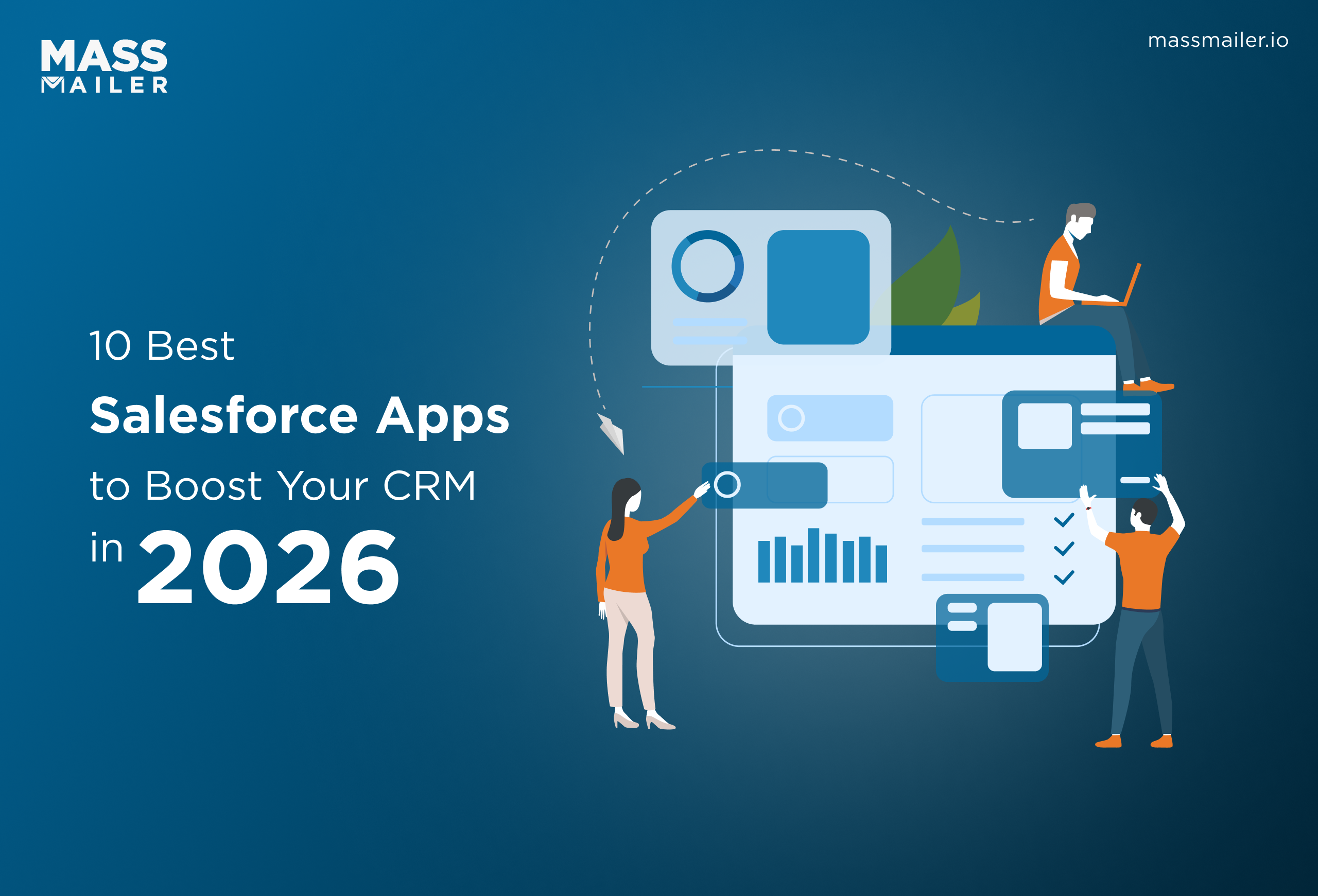
10 Best Salesforce Apps to Supercharge Your CRM in 2026
Mailchimp vs iContact: Pricing, Features & Salesforce Integration Guide
MassMailer Resources
MassMailer Glossary

